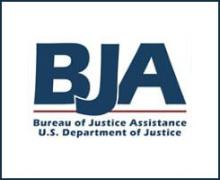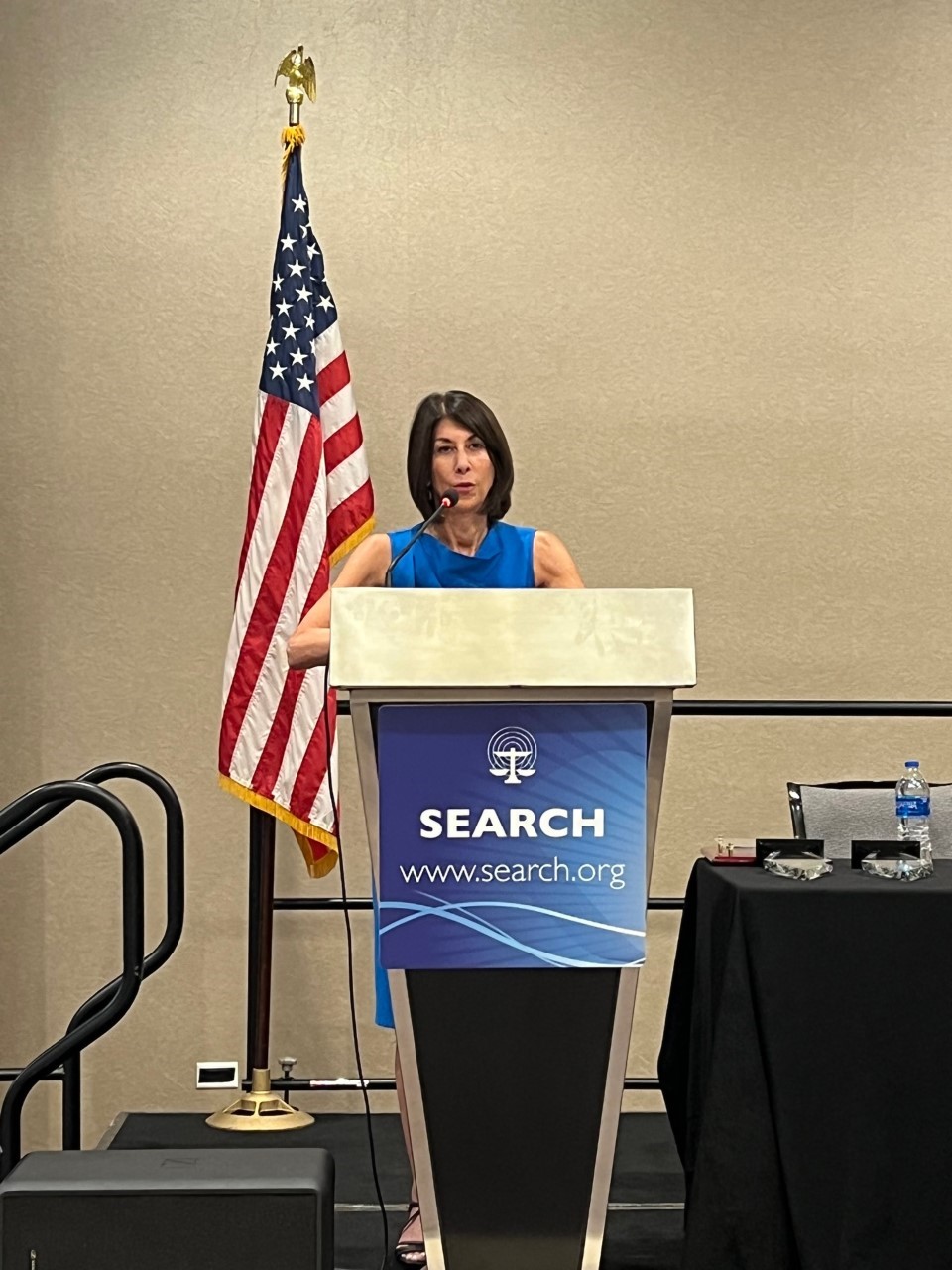Social sciences
Webinar: NIJ Research Assistantship Program Informational Webinar
This recorded webinar, originally held September 28, 2023, provides information on NIJ’s Research Assistantship Program, which offers highly qualified doctoral students the opportunity to bring their expertise to NIJ to work across offices and program areas to obtain a practical and applied research experience. The program is a research focused professional development opportunity for doctoral students from all academic disciplines. NIJ...
Cold Cases and Serial Killers, Part 1
In April 2018, the Golden State Killer, Joseph DeAngelo was arrested. NIJ support helped lead to his arrest, and in the aftermath of the arrest, NIJ Social Science Analyst Eric Martin was among those tasked with finding other cases NIJ helped law enforcement solve. Eric joins the show to talk about some of those cases, and answer some broader questions about serial killers: What is a serial killer? Are they on the rise? How do we know how many serial killers are currently active?
De-escalation Training: What Works, Implementation Lessons, and Taking It to Scale; Plenary at the 2023 NIJ Research Conference
Police use of force, while infrequently used, is a tremendous concern to public safety in the United States when officers employ it excessively or inappropriately, causing injury or death and eroding public trust in law enforcement. This plenary from the 2023 NIJ Research Conference describes the Integrating, Communications, Assessment, and Tactics (ICAT) de-escalation training program developed by the Police Executive Research Forum to guide officers in defusing critical incidents.
See the YouTube Terms of Service and Google Privacy Policy
Inclusive Research: Engaging People Closest to the Issue Makes for Better Science & Greater Impact; 2023 NIJ Research Conference Plenary
This panel will discuss what inclusive research is, how to conduct it, and what issues and challenges exist about engaging in it. “Inclusive research” has its history as a participatory research method designed to ensure people closest to the issue or problem under study are authentically engaged in the research process rather than simply being “research subjects.” While community-based participatory research has begun to take on greater prominence in the criminal justice realm, such efforts are largely confined to qualitative research inquiries.
See the YouTube Terms of Service and Google Privacy Policy
2023 NIJ Research Conference Opening Ceremony
The theme of NIJ’s 2023 Research Conference was “evidence to action,” and our goal was to bring researchers and practitioners together to learn about the latest research evidence and how it can be implemented to promote safety, equity, and justice.
The opening ceremony included remarks from U.S. Attorney General Merrick B. Garland, Assistant Attorney General for the Office of Justice Programs Amy Solomon, and NIJ Director Nancy La Vigne.
See the YouTube Terms of Service and Google Privacy Policy
Interagency Agreement to Support Graduate Research Internships in Forensic Science and Criminal Justice Contexts (NSF-NIJ INTERN)
A Leg Up: NIJ's Graduate Research Fellowship Program
NIJ Director Dr. Nancy La Vigne joins the show to interview Dr. Marie Garcia, Director of NIJ’s Criminal Justice Systems Division and a former NIJ graduate research fellow. They discuss the application process, Marie’s experience as a fellow while at Temple University, and advice for future applicants.
Reading and Resources from NIJ:
Criminal justice forecasts of risk: A machine learning approach
Machine learning risk assessments in criminal justice settings
Defining and Studying Elder Abuse Polyvictimization
Defining and Studying Elder Abuse Polyvictimization
NIJ Social Science Analyst Yunsoo Park shares her knowledge about elder abuse, a widespread issue in the U.S. and around the world, particularly polyvictimization — the experience of a range of different types of abuse and maltreatment. As much as 11% of community-residing older adults experienced some form of abuse or mistreatment in the past year. Yunsoo discusses risk factors, difficulties in defining and studying elder abuse polyvictimization, and strategies for intervention and prevention. Stacy Lee Reynolds, a Communications Assistant with NIJ, hosts.
The Role of Mass and Social Media in Radicalization to Extremism
Social Media and Domestic Radicalization
Social media has become a potent tool for spreading extremist beliefs and promoting violent extremism. NIJ Social Science analyst Aisha Javed Qureshi joins writer-editor Paul Haskins for a conversation about how scientific research is helping law enforcement and other agencies understand and address this growing concern.
Improving Strategies for Investigating & Prosecuting Hate Crimes: A National Yet Local Approach
Criminal Justice Testing and Evaluation Consortium
The Science of School Safety
The Science of School Safety
Gun violence may be the most discussed topic surrounding school safety, but it is by no means the only one. Bullying, school climate, and mental health affect students across the country, and are some of the many other issues that NIJ researches. Mary Poulin Carlton, an NIJ social science analyst, joins host Paul Haskins to discuss these and other important school safety issues.
Reading and Resources from the National Institute of Justice:
Tribal Crime, Justice, and Safety, Part 2
Stacy Lee Reynolds and Christine (Tina) Crossland continue their discussion of tribal crime, justice, and safety, including how Native American persons experience crime victimization at higher rates than non-Native people and the jurisdictional complexities in responding to tribal crime, justice, and safety. Read the transcript.
Listen to the first half of Stacy and Tina’s discussion.
Reading and Resources from NIJ
Tribal-Researcher Capacity Building Grants







